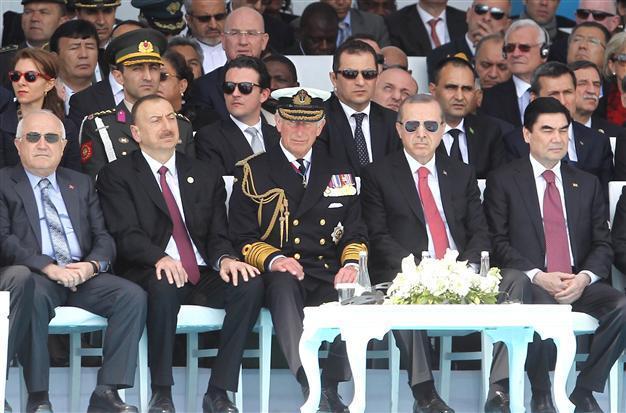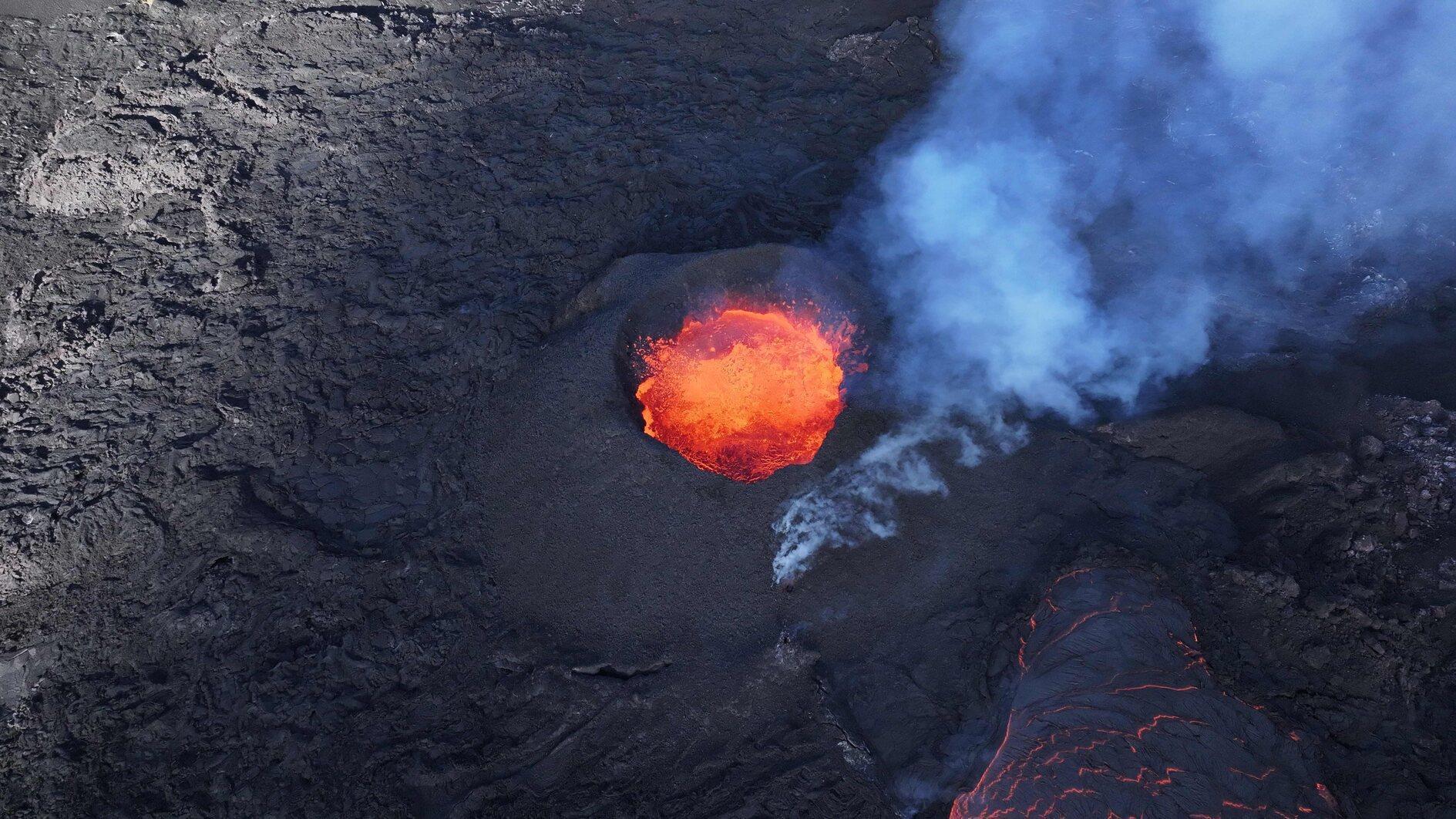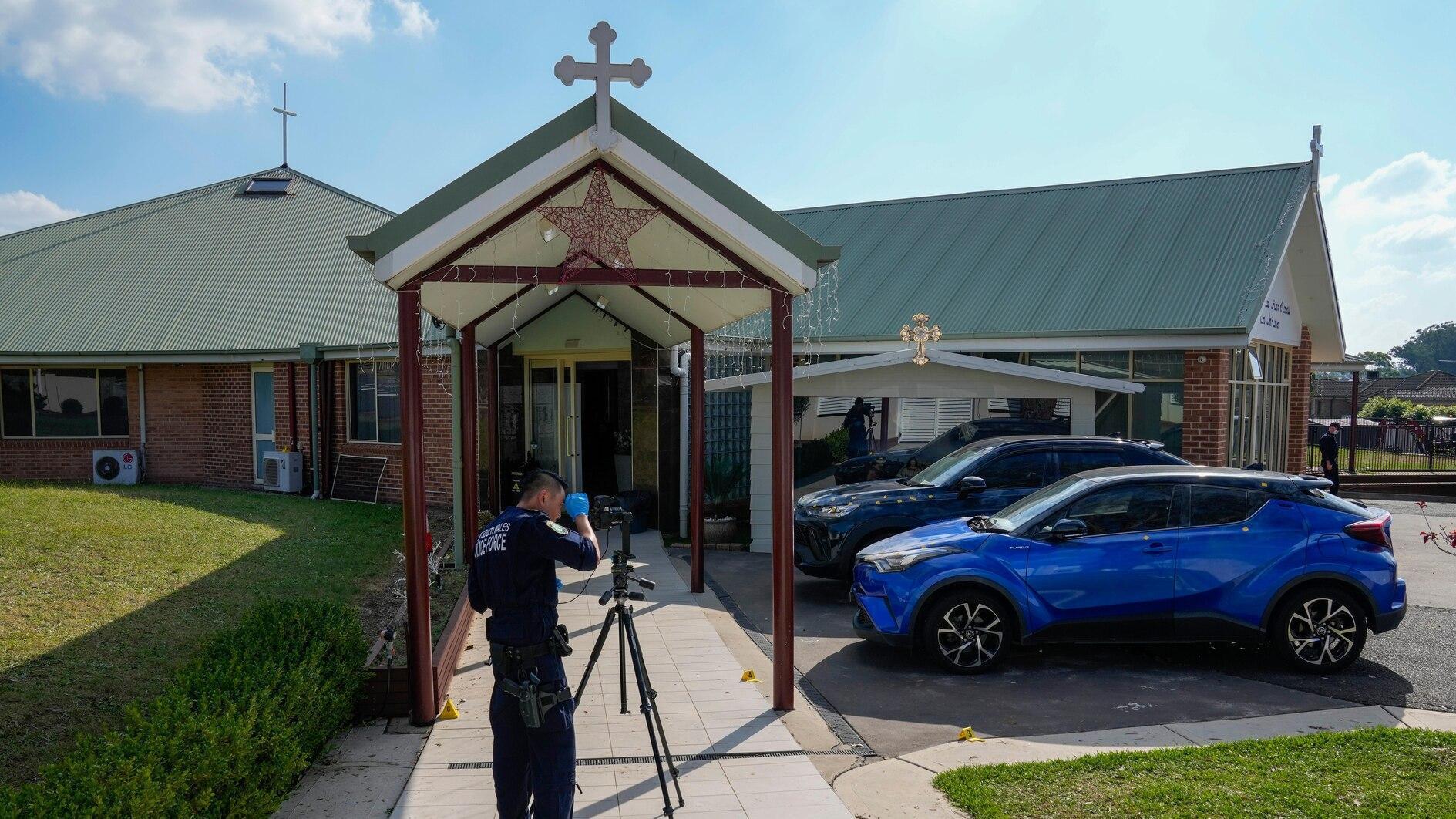Turkmen gas could reach Europe through Iran: EU
ASGHABAT - Agence France-Presse

AFP Photo
EU energy boss Maros Sefcovic said late on April 30 that Europe could import natural gas from ex-Soviet Turkmenistan via Iran as Brussels ramps up efforts to break its dependence on Russian-sourced energy.Speaking after a meeting with Turkmen President Gurbanguly Berdymukhamedov in the capital Ashgabat, Sefcovic, vice president of the European Commission for Energy Union, also said he expected that imports of Turkmen gas via a pipeline built under the Caspian sea could begin as soon as 2019. Sefcovic said the two had discussed the “possibility of building a pipeline through the Caspian as well as through Iran, since diplomatic relations with Iran are developing positively.”
“The EU hopes that negotiations between the big six and Iran conclude successfully,” he added, speaking in comments aired on Turkmen state television. Officials in Iran, which shares the inland Caspian Sea with Azerbaijan, Kazakhstan, Russia and Turkmenistan, have repeatedly said the Trans-Caspian pipeline is uneconomic and that building a land-based pipeline transiting the sanctions-struck Gulf state would be a better option. But with talks over Iran’s nuclear program involving the permanent five members of the U.N. Security Council plus Germany hanging in the balance ahead of a June 30 deadline, Sefcovic stressed the Caspian link.
Connection to TANAP
The pipeline could cost upwards of $5 billion and would funnel gas under the disputed sea from Turkmenistan to Azerbaijan before connecting with the existing South Caucasus pipeline and the planned Trans-Anatolian Pipeline (TANAP) through Turkey.
Iran is willing to act as a transit country to carry Turkmenistan gas to Turkey, Iranian Ambassador to Ankara Ali Rıza Bigdelitold Anadolu Agency last week.
However, he highlighted that uncertainties remained with the absence of a nuclear deal with the West.
“The European Union expects natural gas supplies from the Caspian region to Europe to begin in 2019-2020,” Sefcovic said.
In addition to Iran, the Trans-Caspian pipeline would face opposition from Russia, which met around a third of the EU’s gas needs in 2014.
Currently it is planned that the Trans-Caspian pipeline would transport up to 30 billion cubic meters (bcm) of gas per year to the EU. No blueprint exists as yet for a pipeline transiting Turkmen gas through Iran, although EU commissioner for Climate Action and Energy Miguel Arias Canete confirmed it was being considered as a supplier in plans for “southern corridors” that bypass Russia.
















